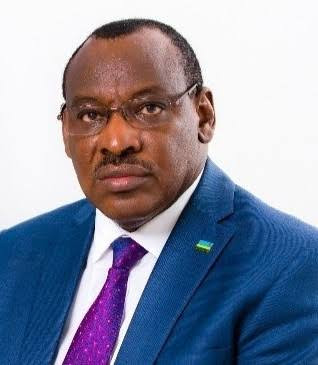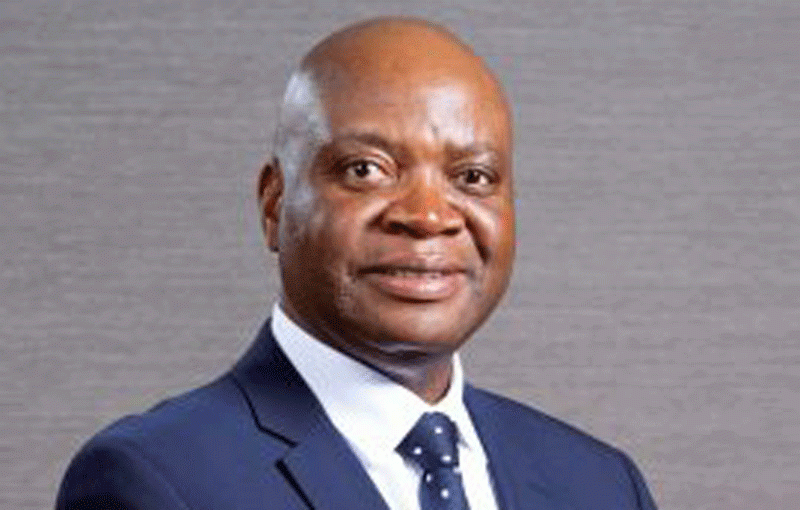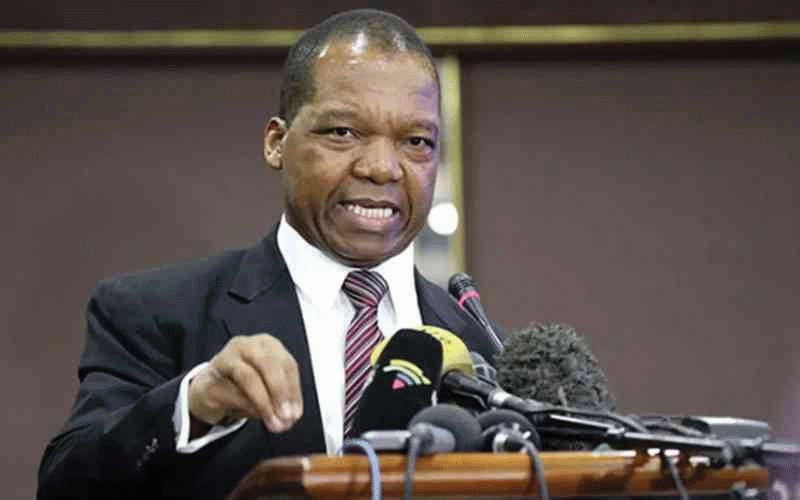
CLAVER Gatete, executive secretary of the United Nations Economic Commission for Africa (UNECA), has called for the swift establishment of an African credit rating agency to combat structural biases in global ratings that inflate the continent’s borrowing costs.
"We must establish and operationalise an African credit rating agency rooted in African realities," he said on Thursday during Afreximbank’s 2025 Annual Meetings in Nigeria.
"We can no longer tolerate inflated borrowing costs driven by a structural bias in global credit ratings. The homegrown agency, therefore, is critical to restore fairness and unlock more equitable access to capital."
Fitch Ratings recently downgraded Afreximbank, lowering its long-term foreign currency issuer default rating from ‘BBB’ to ‘BBB-’ with a negative outlook.
Fitch justified its decision by citing a perceived increase in credit risk and weak risk management policies, based on its estimate that the bank’s non-performing loans (NPLs) stood at 7,1%.
This estimate stems from Fitch’s classification of exposures to the sovereign governments of Ghana (2,4%), South Sudan (2,1%), and Zambia (0,2%) as NPLs. Notably, this 7,1% figure is significantly higher than the 2,44% ratio reported by Afreximbank in its own disclosures.
Speaking on the need for financial reform, Gatete warned that Africa’s economic growth is being stifled by disproportionately low credit ratings, with only two countries currently holding investment-grade status.
He emphasised that Africa’s perceived risk remains excessively high, discouraging investment even as climate-related losses drain an estimated 5% of GDP annually.
- Banks keep NPLs in safe territory
- Zim banks on cusp of dramatic seismic shift
- Rwanda announces visa-free travel for all Africans as continent opens up to free movement of people
- PPPs needed to bridge Africa’s infrastructural development gap
Keep Reading
Gatete also stressed the need for stronger African multilateral financial institutions, such as Afreximbank, to counter global financial shocks and drive context-specific solutions.
"They serve as counter-cyclical buffers during crises and break with imposed one-size-fits-all models," he said.
However, he cautioned that moving from resilience to full economic transformation will require decisive, coordinated action.
The push comes as African leaders intensify demands for reforms to the global financial architecture, arguing that current systems fail to reflect the continent’s realities.
The UNECA chief said the multilateral financial system was increasingly inadequate to meet the scale and urgency of developing countries' needs.
He said Africa, in particular, continues to face a fragmented development finance ecosystem, unsustainable debt burdens, and limited access to affordable capital.
"These are not coincidental challenges, but symptoms of a global financial architecture that was neither designed for Africa's realities nor aligned with its aspirations," he said.
"As a result, financial flows are still tied to burdensome conditionalities, credit risk assessments shaped by global models that inadequately account for Africa's context, and systemic bias embedded in traditional working mechanisms.
"The question now is, can Africa transform if its financial sovereignty remains externally dictated? And of course, the answer is no.
“If we are serious about achieving African Union Agenda 2063 and the SDGs, we must transform Africa from within through institutions that are of Africa, by Africa, and for Africa."
Gatete said he has never seen a situation where aid is declining at a higher rate, where debt has cost US$1 trillion, and where countries on the continent have to pay about US$1 billion more in interest payments alone.
"And there is no solution for the debt crisis," he said.
"You can imagine the situation it creates for macroeconomic management at the country level," he added.
He offered strategic imperatives to strengthen multilateral financial institutions and unlock their full potential.
These include capitalisation of African institutions for transformative impact, strategic coordination across African institutions, aligning trade finance with Africa's Continental Free Trade Area priorities, and institutionalising knowledge, innovation, and risk-informed finance.
"In this regard, we need a robust Africa-wide ecosystem for financial research, data, and foresight," Gatete noted.
He said the Economic Commission for Africa remains fully committed to supporting this agenda—from productivity and climate finance to data sustainability and digital transformation.











